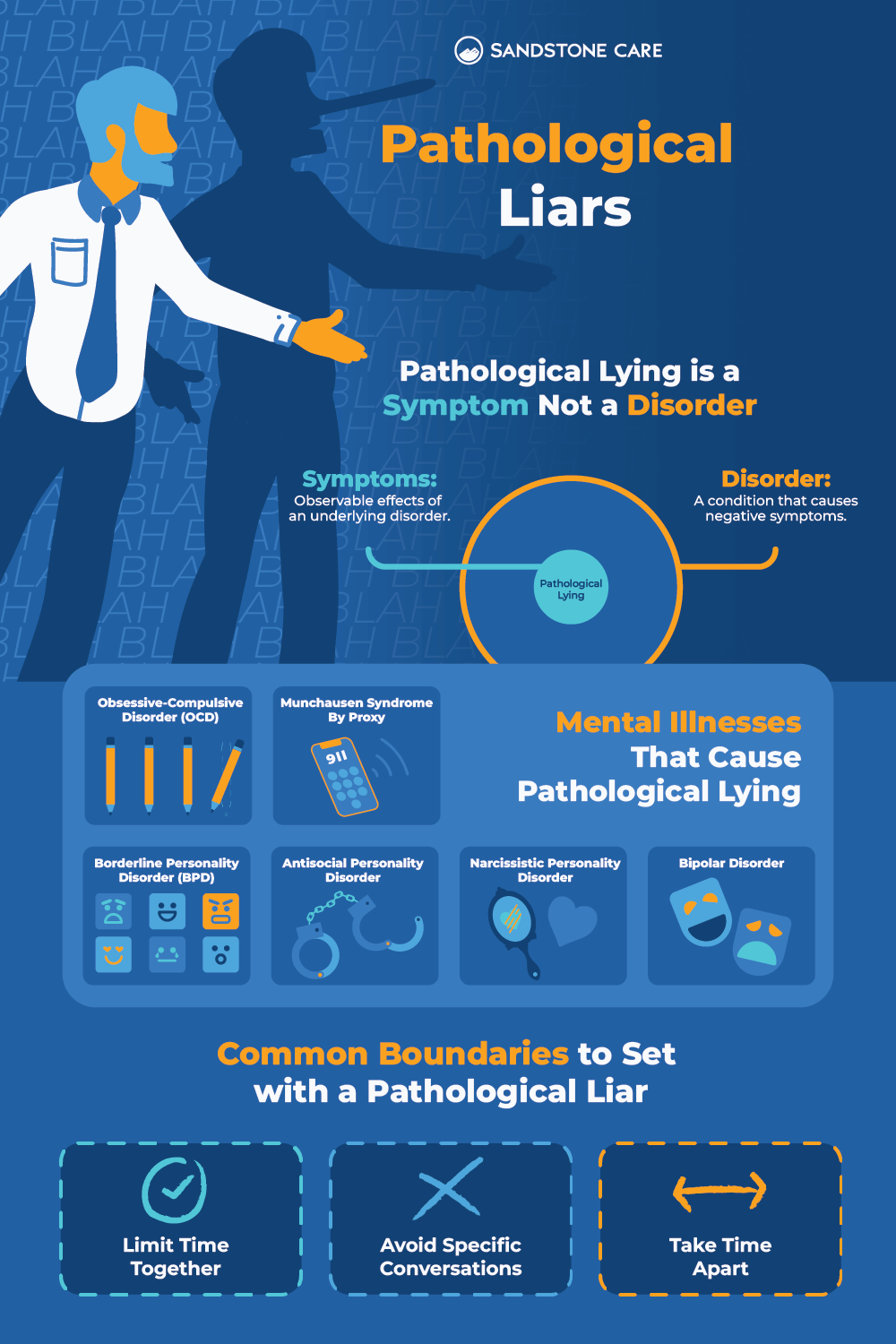Pathological Liar
What Is a Pathological Liar?
A pathological liar is someone who excessively lies. They exhibit a pattern of consistent dishonesty that feels impossible to stop. Pathological lying involves an irrational need to fabricate stories, events, or facts.
Pathological lying is sometimes referred to as pathological lying disorder.
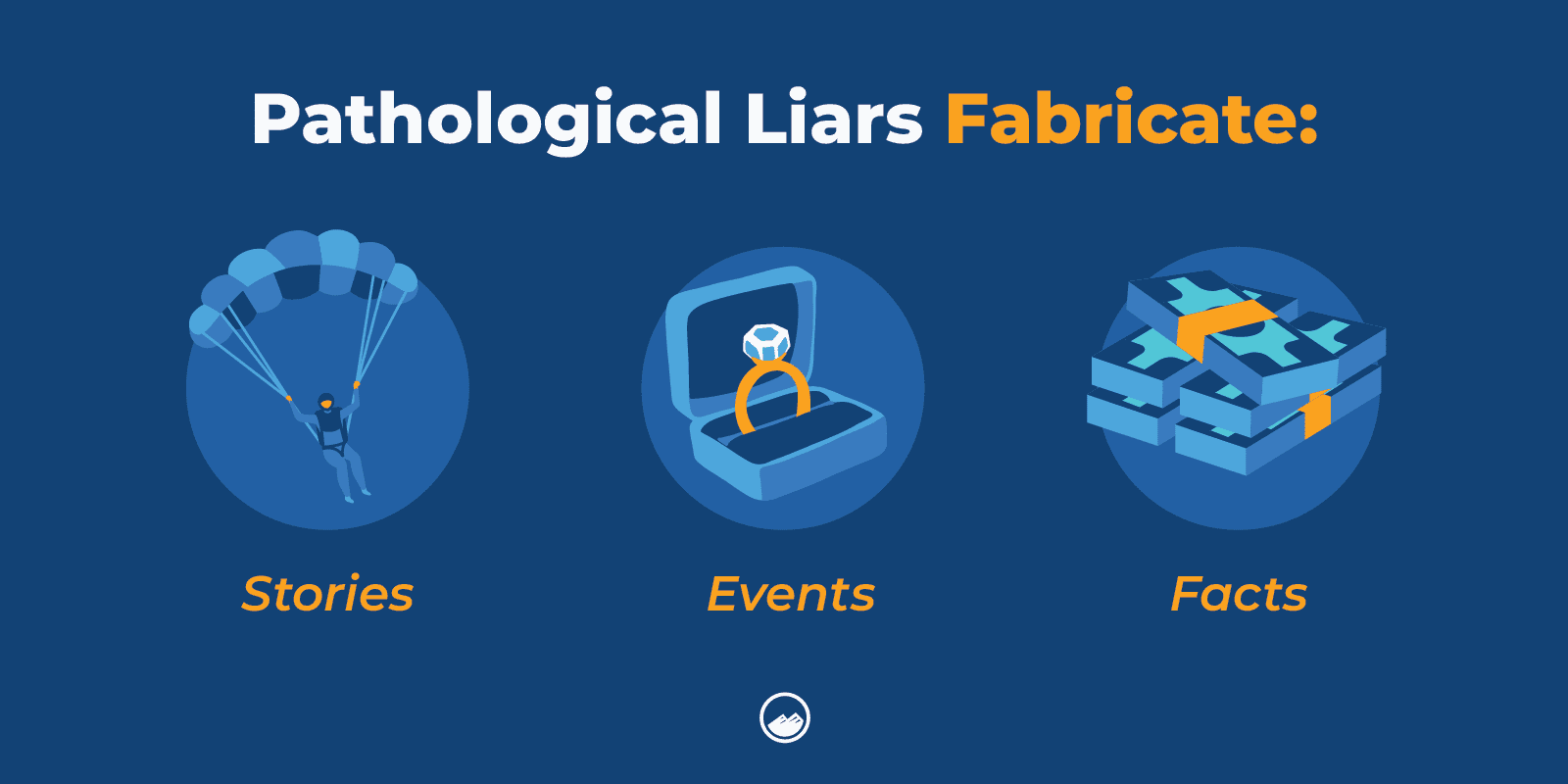
According to the American Psychological Association, the lies pathological liar tells impacts their functioning, contributes to distress, and can become dangerous for themselves or the people around them.
While many people may tell white lies from time to time, pathological liars lie out of habit and sometimes aren’t even aware of their lying behaviors because they believe it themselves.
Their lies are often more elaborate and persistent, sometimes leading to significant harm in personal and professional relationships.
Pathological lying is sometimes associated with certain personality disorders, like narcissistic or borderline personality disorder.
What Is an Example of a Pathological Liar?
Some examples of pathological lies can be when a person makes up a false history, says they accomplished something even though they haven’t, tries to impress someone by lying, or claims they have a serious illness when they don’t.
Is Pathological Lying a Mental Disorder?
The Diagnostic and Statistical Manual of Mental Disorders (DSM) lists pathological lying as a symptom of mental health disorders such as antisocial personality disorder or narcissistic personality disorder.
However, pathological lying is not listed as a mental health disorder on its own.
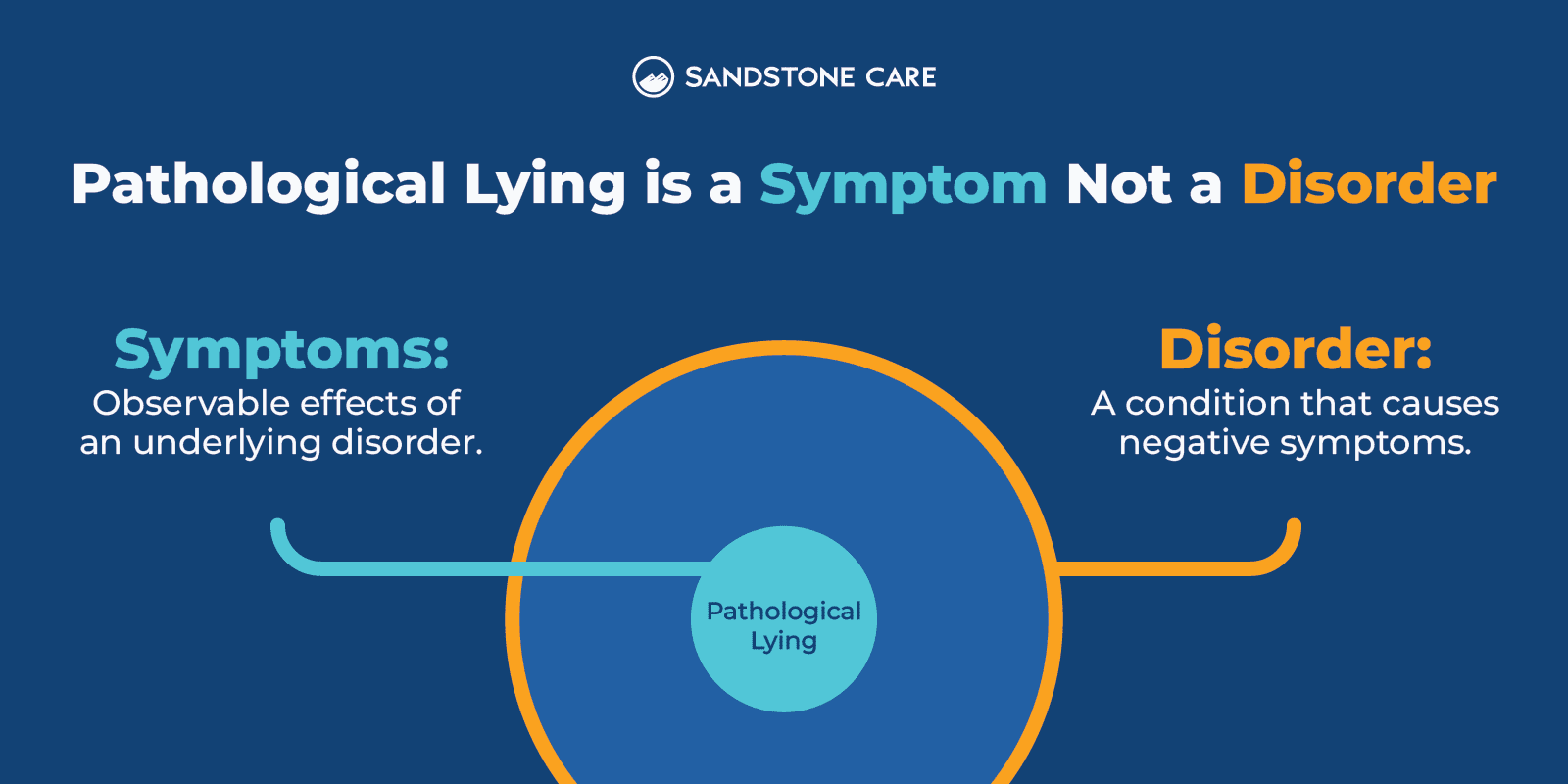
Are Pathological Liars Born or Made?
The root cause of pathological lying may be tied to genetics in some cases or can occur because of factors such as low self-esteem or a false sense of self.
Sometimes a person lies pathologically because of an inherited mental health disorder or condition.
Can Pathological or Compulsive Lying Happen in Childhood?
Yes, children can have problems with compulsive lying, though it’s important to understand the difference between normal childhood lying and more serious issues.
Many children lie as a part of growing up. They might lie to avoid getting in trouble, to get attention, or because they are still learning the difference between truth and fiction.
This is usually a normal part of development.
Compulsive lying in children is different.
This happens when lying becomes a habit, even when there’s no clear reason to lie. These lies might happen often and even when telling the truth would be easier.
Compulsive lying can sometimes be linked to deeper emotional or behavioral issues like anxiety, low self-esteem, or stress. It could also be a response to trauma or problems at home.
Are Pathological Liars Dangerous?
Pathological lying is unhealthy for the individual and can harm others as well.
However, pathological liars don’t usually intend to hurt other people.
Excessive lying is normally a force of habit and a need to feel important; it is not usually centered directly on hurting others. However, habitual liars often cause distress to the people around them.
Do Pathological Liars Know They Are Lying?
Often, pathological liars aren’t aware of all of the lies they tell, and sometimes they may even believe them.
This can be because, sometimes, pathological lying may develop as a coping mechanism or stem from a mental health disorder.
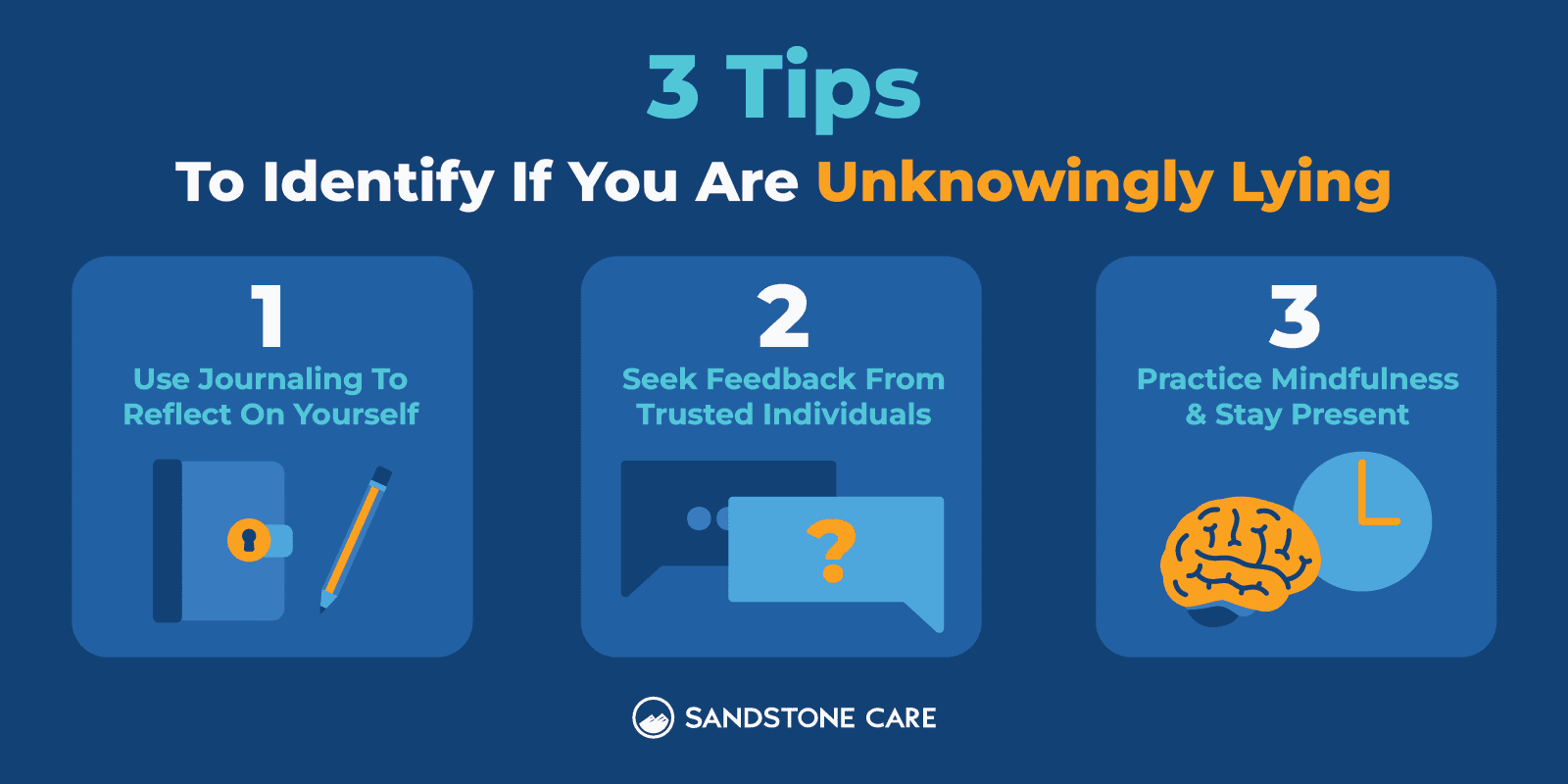
Why Can’t I Stop Pathological Lying?
If you feel like you cannot stop pathologically lying, that could be a sign that you are using lying as a way to cope with stress, boosting low self-esteem, or even underlying mental health conditions.
Pathological lying can also be a response to past traumas or difficult experiences.
It is important to seek help from a mental health professional to help uncover the root cause of your challenges, especially since pathological lying can stem from many different experiences.
Compulsive Liar vs. Pathological Liar
What Is a Compulsive Liar?
A compulsive liar lies out of habit. They often tell lies, big or small, and usually without a clear reason.
This type of lying isn’t always about trying to hide something or being dishonest. Instead, it’s more about an urge they feel, which doesn’t always have a clear cause.
Compulsive lying can sometimes act as a way for people to feel better about themselves.
They might lie to make themselves seem more interesting or to escape from reality. Over time, lying can become a regular way they respond to stress or low self-confidence.
This habit can cause problems in their personal and work relationships, leading to trust issues and emotional stress for everyone involved.
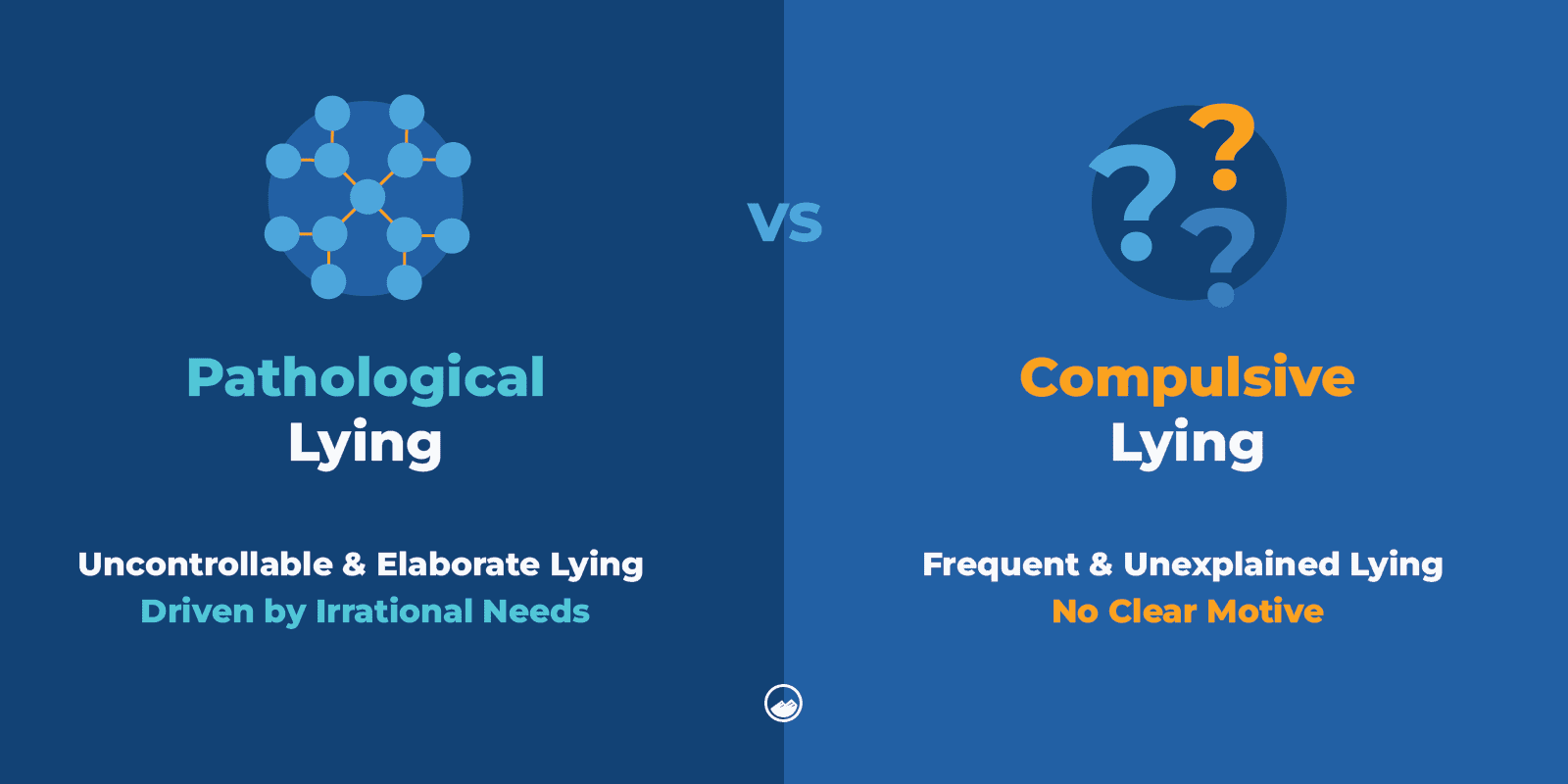
How Do I Know if I Am a Pathological or Compulsive Liar?
Sometimes, “pathological liar” and “compulsive liar” are used interchangeably.
However, when comparing pathological liars and compulsive liars, the motives can be different.
A compulsive liar may lie from fear or anxiety or to cope with difficult feelings. A pathological liar may lie to get what they want or uphold a certain image, such as in psychopathy. However, the reasons a pathological liar lies can vary from person to person.
Which Is Worse, Compulsive or Pathological Liar?
Pathological lying can be considered worse than compulsive lying because a pathological liar excessively lies and may do so to get what they want or to deceive others.
However, all types of lying can cause distress in relationships, career ambitions, and social goals.
Can You Be a Compulsive Liar and a Pathological Liar?
Often, compulsive and pathological lying go hand in hand.
Compulsive lying falls under the category of pathological lying, which means that a pathological liar can also lie out of habit.
Mythomania and Pathological Lying
What Is Mythomania?
Mythomania is a type of pathological lying where someone can’t stop lying. People with this condition often make up very detailed and imaginative stories about themselves.
They don’t do this for any clear benefit like money or to avoid trouble. Instead, they lie because they feel a strong need to be interesting or to get attention and sympathy from others.
Is Mythomania a Real Condition?
Yes, mythomania is recognized as a real psychological condition, but it’s not commonly diagnosed on its own.
Instead, it’s often considered a symptom or characteristic of broader psychological disorders. Mythomania is also known as pseudologia fantastica.
What Is the Difference Between Mythomania and Pathological Lying?
While all mythomania can be considered a form of pathological lying, not all pathological lying reaches the level of complexity and fantasy seen in mythomania.
Pathological liars lie frequently and consistently, about both important and trivial matters.
The lies told by a pathological liar are not always elaborate or fantastic; they may involve simple, everyday details designed to deceive or manipulate others.
Pathological lying is often considered a symptom of broader personality disorders or psychological conditions.
Mythomania, on the other hand, is a specific type of pathological lying where the lies are notably elaborate and fantastical.
People with mythomania create highly imaginative stories about themselves and their experiences.
These stories are often so exaggerated and embellished that they border on the unbelievable.
Mythomania is often used as a mechanism to cope with low self-esteem or identity issues.
Pathological Liar Causes
Why Are People Pathological Liars?
There can be various causes of pathological lying, which may include:
- Underlying mental health disorders such as antisocial personality disorder, narcissistic personality disorder, or borderline personality disorder
- Low self-esteem or false sense of self
- Genetics
- Stressful or traumatic life events
Why Do Pathological Liars Lie?
Pathological liars may lie for a variety of different reasons.
They may lie to gain something or create an image of themselves. A person may also pathologically lie out of fear of abandonment or rejection.
However, these reasons can also stem from mental health conditions.
What Is the Root of Pathological Lying?
The root cause of pathological lying can be different in each individual.
Pathological lying may stem from low self-esteem, a false sense of self, or an underlying mental health condition.
What Personality Causes Pathological Lying?
Certain personality disorders can cause symptoms of pathological lying, such as borderline personality disorder (BPD), narcissistic personality disorder, and antisocial personality disorder.
What Mental Illness Causes Pathological Lying?
Mental illnesses that can cause symptoms of pathological lying can include:
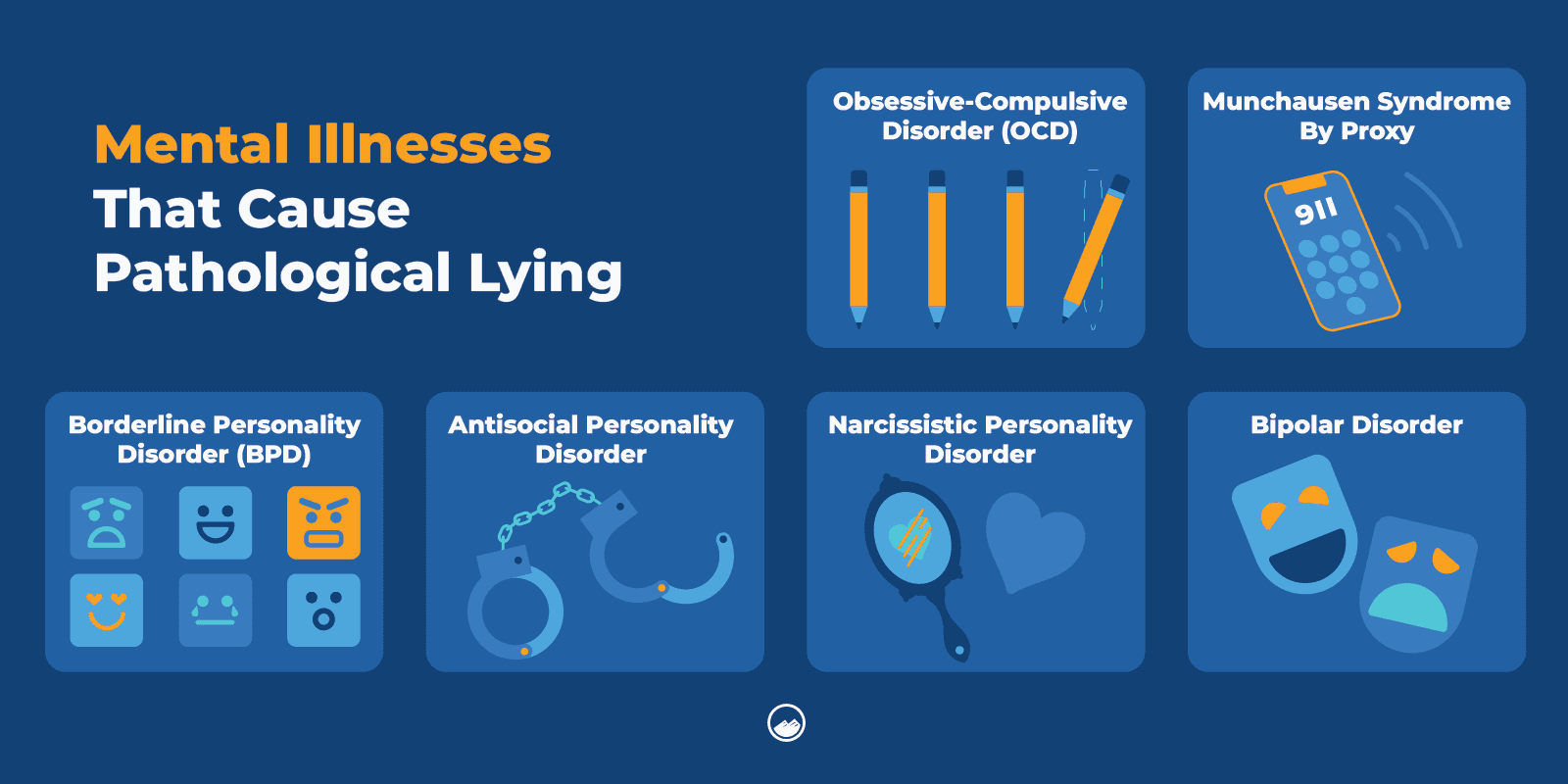
Mythomania is a psychological condition that involves the individual feeling the need to lie chronically and excessively.
What Makes a Person a Pathological Liar?
A pathological liar is someone who excessively lies and has difficulty controlling or stopping their lies.
When a person follows a compulsive pattern of lies that has a negative impact on their lives and the people around them, they may be a pathological liar.
Is Being a Pathological Liar a Gene?
In some cases, pathological lying may involve a genetic factor.
A condition called pseudologia fantastica is characterized by telling outrageous lies with no apparent motive or reason.
When pathological lying stems from a mental health condition such as narcissistic personality disorder or antisocial personality disorder, there may be a genetic component involved.
Are Pathological Liars Insecure?
Sometimes, a person may pathologically lie out of insecurity.
They may lie to try to boost their self-esteem or as a way to feed into a false sense of self. They will sometimes act as if they are a different person as a way to feel more confident.
Pathological Liar Signs & Symptoms
What Are the Signs of a Pathological Liar?
When a person is a pathological liar, they may display signs such as:
- Telling lies about small or minor events
- Telling lies in great detail
- Becoming anxious when talking
- Getting defensive when questioned or confronted about a lie
- Telling inconsistent stories
- Persistent lying for no reason
- Feeling a “rush” or “high” when lying
- Telling someone else’s story as if it is their own

What Is the Defense Mechanism of a Pathological Liar?
Pathological liars use lying as a defense mechanism against low self-esteem, shame, a lack of self-worth, or fear of abandonment or rejection.
How Can You Spot a Pathological Liar?
The biggest signs of pathological lying appear in someone who:
- Tells stories that conflict with each other
- Has a selective memory and frequently “forgets” details when confronted
- Exaggerates experiences to gain sympathy or admiration
- Has no remorse for lying
- Makes claims that are impossible to verify
Pathological liars also become anxious when they talk or even defensive when you ask them questions or confront them about lies.
A pathological liar may resort to gaslighting or manipulating another person’s sense of reality in order to keep themselves from taking accountability.
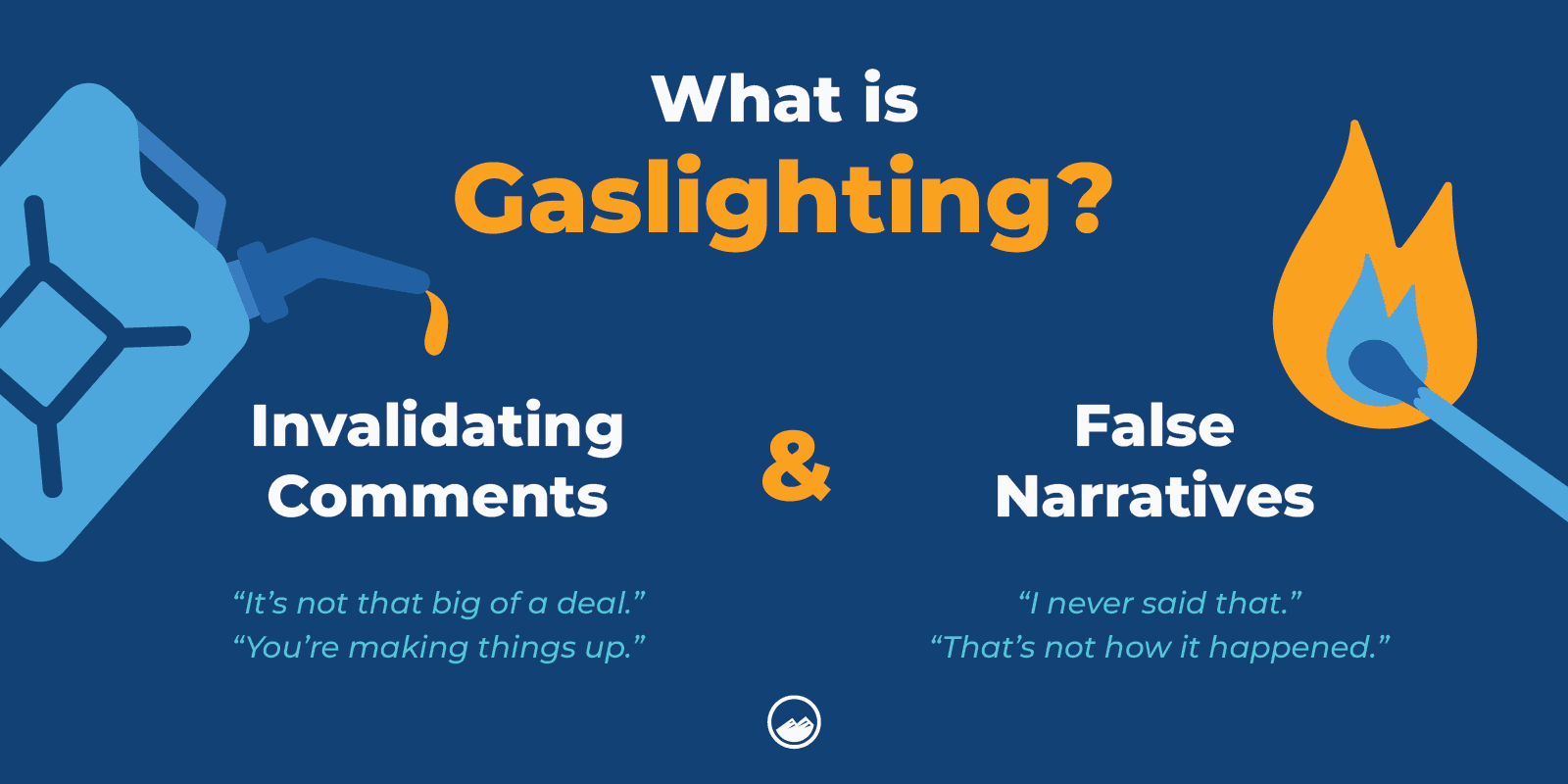
Will a Pathological Liar Admit to Lying?
A pathological liar will likely not admit to their lies.
Even if everyone knows that they are lying or you have proof they are lying, they may either believe the lies themselves or won’t own up to it. They will often find scapegoats and blame others for causing them to lie.
How Many Times a Day Does a Pathological Liar Lie?
While most people tell little lies every once in a while, a pathological liar often lies more than five times a day, some even 10, 20, or more.
This level of persistent lying can create a damaging cycle of mistrust and relationship breakdowns. As the lies accumulate, they undermine the liar’s credibility, making it difficult for others to trust them.
This lack of trust can lead to social isolation as friends, family, and colleagues distance themselves.
In response, the individual might feel more insecure or stressed, potentially leading to even more lies as a way to manage these feelings or to attempt to regain lost connections.
How Do Pathological Liars React When Caught?
When a pathological liar is caught, they won’t admit they were lying and will likely become defensive.
Pathological liars may try to deflect the blame, find excuses for their lying, minimize the importance of the lie, or admit only to a small part of their dishonesty.
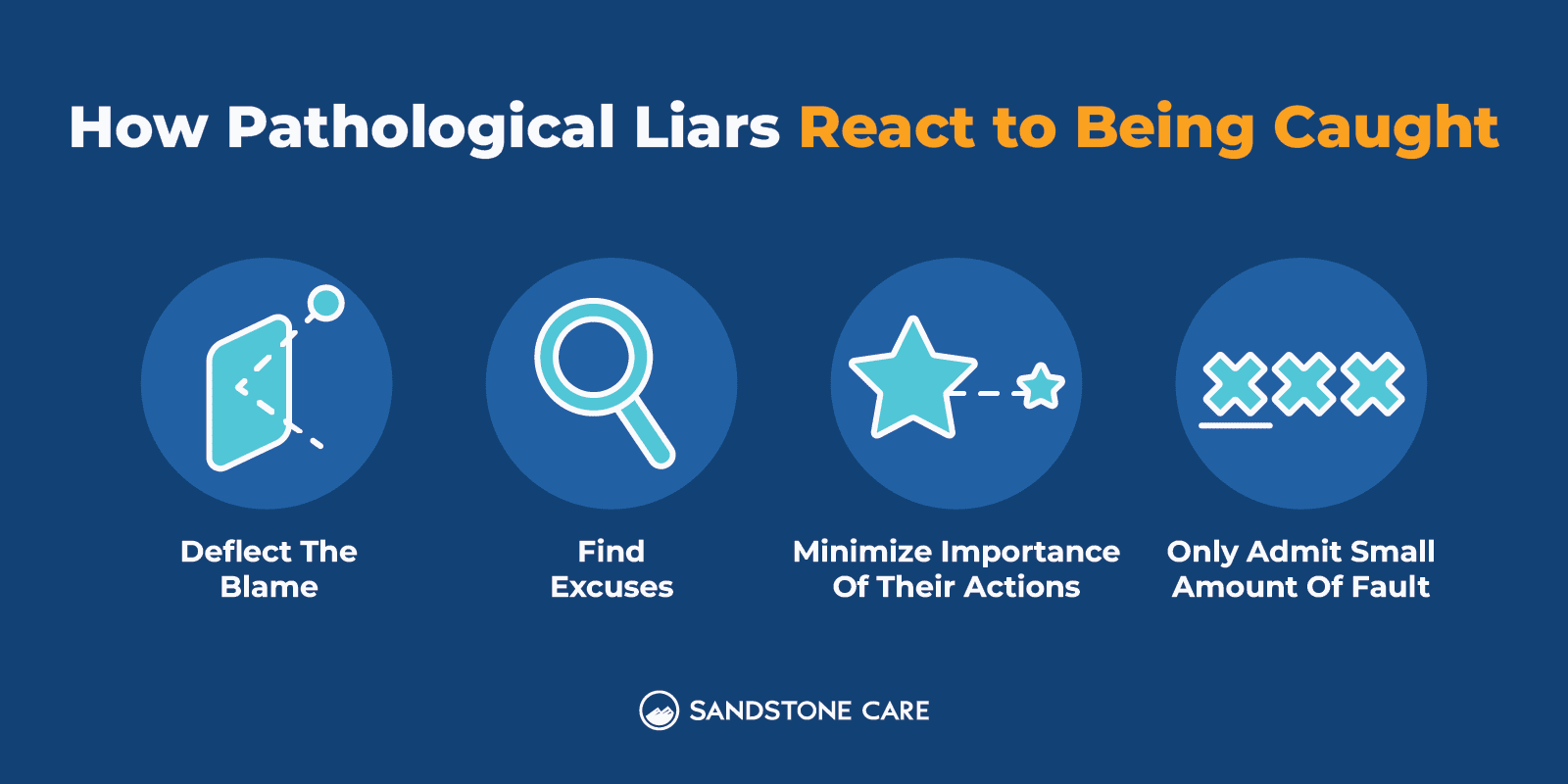
Is a Pathological Liar Aware That They Are Lying?
Some pathological liars believe their lies and may not be fully aware that they are lying.
This occurs when pathological lying is a symptom of an underlying mental health condition.
Do Pathological Liars Feel Remorse?
Most often, pathological liars don’t show any remorse or guilt about their lies.
Do Pathological Liars Apologize?
It can be hard for pathological liars to apologize because they often genuinely do not believe they have done anything wrong.
When they do apologize, they may seem to offer a sincere apology but return to their pathological lies soon after.
However, it is possible for a pathological liar to heal and to mend relationships if they get the correct psychiatric help.
How to Deal With a Pathological Liar
Can a Pathological Liar Ever Change?
Yes, a pathological liar is capable of change.
When a person addresses the underlying root cause of their pathological lying, they can learn how to cope with and manage what is truly going on.
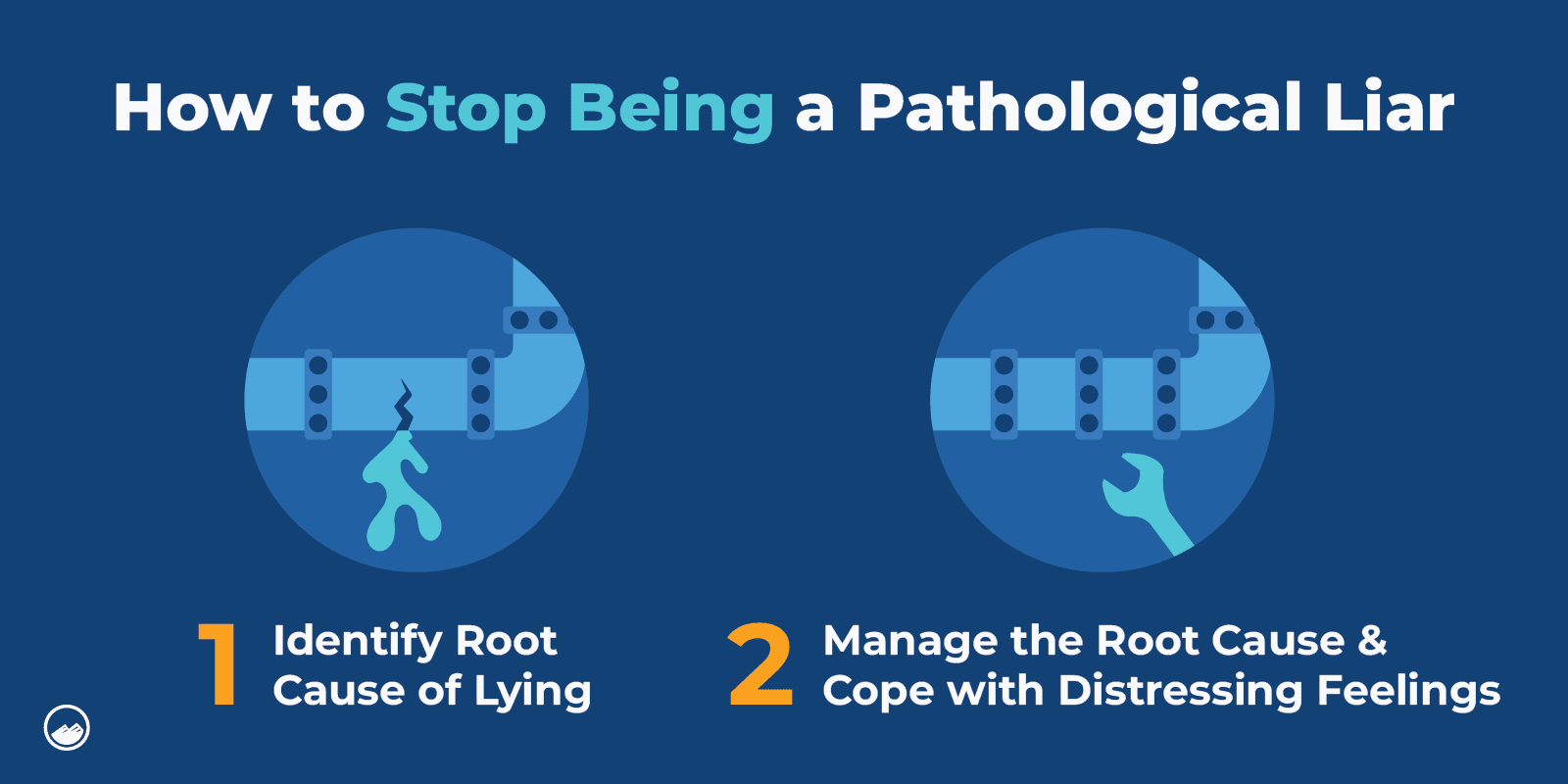
How Do You Treat a Pathological Liar?
If you have a loved one who is a pathological liar, it can be hard to communicate, to trust, or to not take things personally.
There are ways you can be kind and supportive while also being clear, setting boundaries, and being firm with them so that they know where you stand when it comes to their lies.
How Do You Respond to a Pathological Liar?
It is important not to take things personally when interacting with a pathological liar. You are not the reason they are lying.
Set boundaries, stay calm, and avoid engaging if the situation escalates.
How Do You Expose a Pathological Liar?
If there is a pathological liar in your life that you are planning to have a conversation with regarding their lies, there are different ways you can approach the situation.
One is first by paying attention to their behavior and what they say and noticing any inconsistencies in their actions or words.
Having a neutral conversation that isn’t confrontational or full of detailed questions can help a person get a sense of their patterns, body language, and tendencies so that when you do bring up something unexpected to them, you can be aware of how these things change.
When you are more aware of a person’s patterns and look out for the signs, it can help you determine whether or not they may be lying to you.
How Do You Set Boundaries With a Pathological Liar?
Setting boundaries is important if you have a relationship with a pathological liar, whether a family member, friend, partner, or someone else.
One part of setting boundaries with a pathological liar is being clear with them and communicating what you will and will not tolerate.
This may mean limiting time with them, not taking part in certain conversations, or even taking space away from them.
How to Talk to People Who Can’t Stop Lying?
When you encounter people who can’t stop lying, stay calm and avoid accusing them, as this might make them more defensive.
Instead, explain how their lies affect you and why honesty is important in your relationship. Encourage them to take responsibility for their behavior without making them feel ashamed.
Be patient, as changing this habit can take time, and continue to set clear expectations for honesty.

How Do You End a Relationship With a Pathological Liar?
Having a relationship with a pathological liar can take a toll on not only the health and well-being of the relationship but the individuals who are in it as well.
Sometimes, what is best for both people is to end the relationship.
Doing so can be difficult when the other person is constantly trying to talk you out of it, manipulate you, or confuse you.
It is important to be clear with your boundaries and decisions so that they understand where the relationship stands.
Having a strong support system and possibly getting professional help may help a person move forward after ending a relationship with a pathological liar and find healing.
How to Stop Being a Pathological Liar
Am I a Pathological Liar?
A pathological liar has a loss of control over their lies, lies frequently, and lies compulsively.
When someone is a pathological liar, they may not be completely aware of it because they believe their lies or don’t realize they are lying.
If you think you may be a pathological liar, it is important to seek professional help because pathological lying can often be a symptom of an underlying mental health condition. The underlying problem can impact your health, sabotage your relationships, and damage your wellness over time.
Why Am I Becoming a Pathological Liar?
Pathological lying often stems from an underlying mental health condition.
It may also be used as a coping or defense mechanism if a person has low self-esteem or to avoid rejection or abandonment. If the change has come on suddenly, it may be a result of a traumatic experience.
How Do You Fix Pathological Lying?
Pathological lying is not a diagnosis but rather a behavior that stems from an underlying condition or problem.
The only way to fix pathological lying is to address what is truly going on inside.
When it comes to fixing pathological lying, this may mean going to therapy or getting treatment for the underlying mental health condition.

Can Pathological Lying Be Stopped?
It is possible to stop being a pathological liar, but it does take time and work.
To stop pathological lying, you need to find the root cause of the problem, and treat it appropriately. It is also essential to work towards mending damaged relationships and taking accountability for lies you have told in the past.
How Do I Stop Myself From Being a Pathological Liar?
One of the first steps in stopping yourself from being a pathological liar is being aware of your habits and patterns and acknowledging that there is a problem.
The second step is getting professional help in finding the underlying problem to help decide what the next steps are for you.
How Do I Stop Being a Pathological Liar Without Therapy?
Psychotherapy can be helpful for some pathological liars; however, what works for some may not work for others.
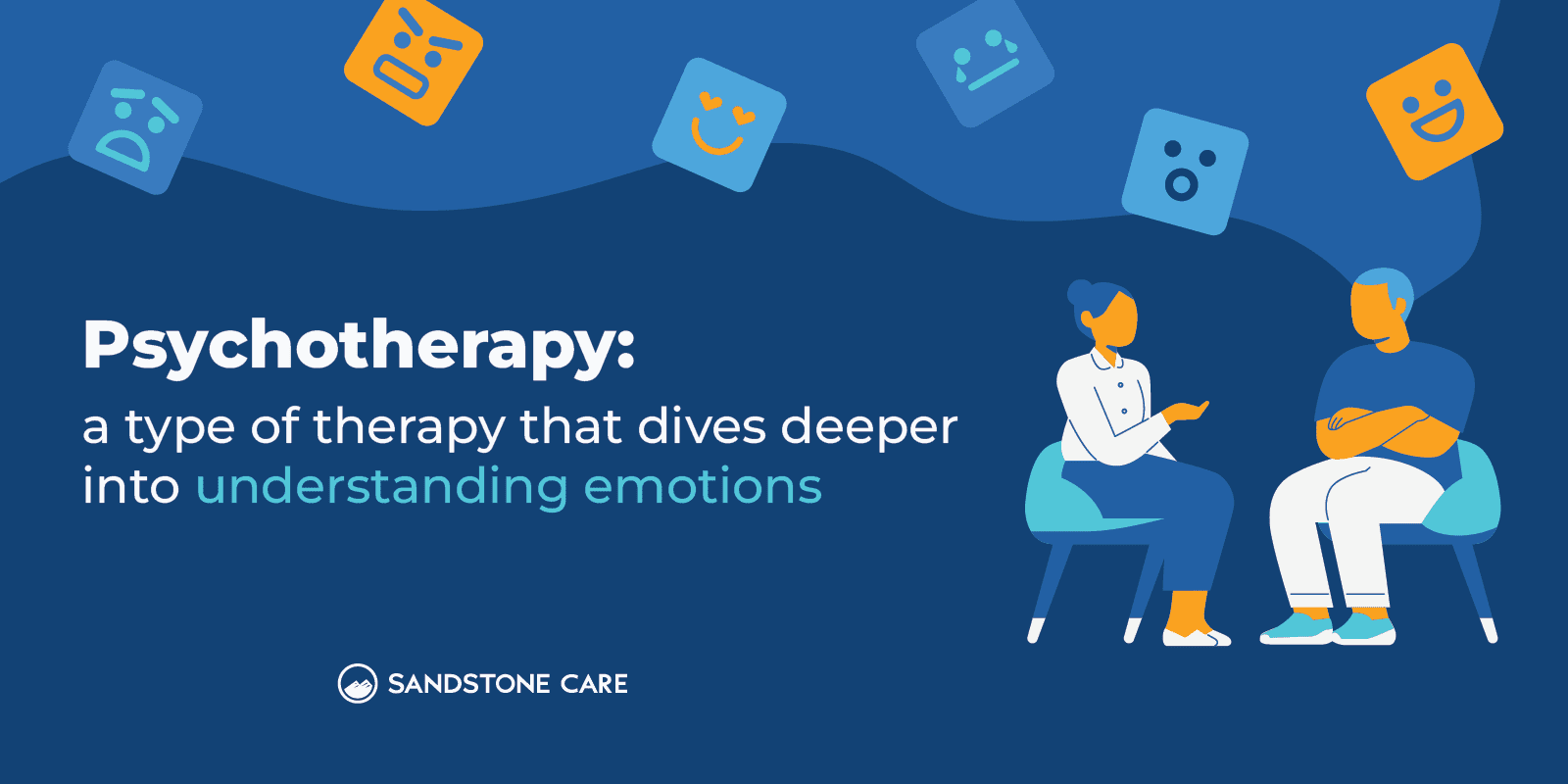
Aside from therapy, a person may stop pathological lying behaviors by changing their habits, communicating, and becoming more self-aware.
Part of changing pathological lying on your own is understanding its effect on you and the people around you, learning to build healthy habits and coping mechanisms, and doing the internal work it takes to address where the pathological lies are coming from.
However, if you think you are a pathological liar, it is best to reach out for help to see what is causing lying behaviors.
How to Find a Therapist for Lying?
Finding a therapist to help with issues related to lying starts by understanding the underlying reasons that the lying is happening, such as stress, personality disorders, or trauma responses.
It’s important to look for therapists who specialize in these areas. Once you’ve pinpointed a potential cause, search for therapists with the right expertise and check their credentials and reviews.
Many therapists offer an initial consultation, which can be a great way to see if their approach suits your needs.
Consider the financial aspects too, like whether they accept your insurance or offer payment plans.
If you’re seeking support for mental health issues that might be underlying the lying, like personality disorders or anxiety, Sandstone Care can provide the necessary assistance.
Sandstone Care offers a variety of mental health services tailored to young adults and teens, focusing on evidence-based treatments that could help address these complex challenges.


Let’s Take the Next Steps Together
Pathological lying can be a symptom of underlying mental health conditions. Stopping pathological lying means addressing the underlying cause. Sandstone Care is here to support teens and young adults with mental health and substance use disorders.




